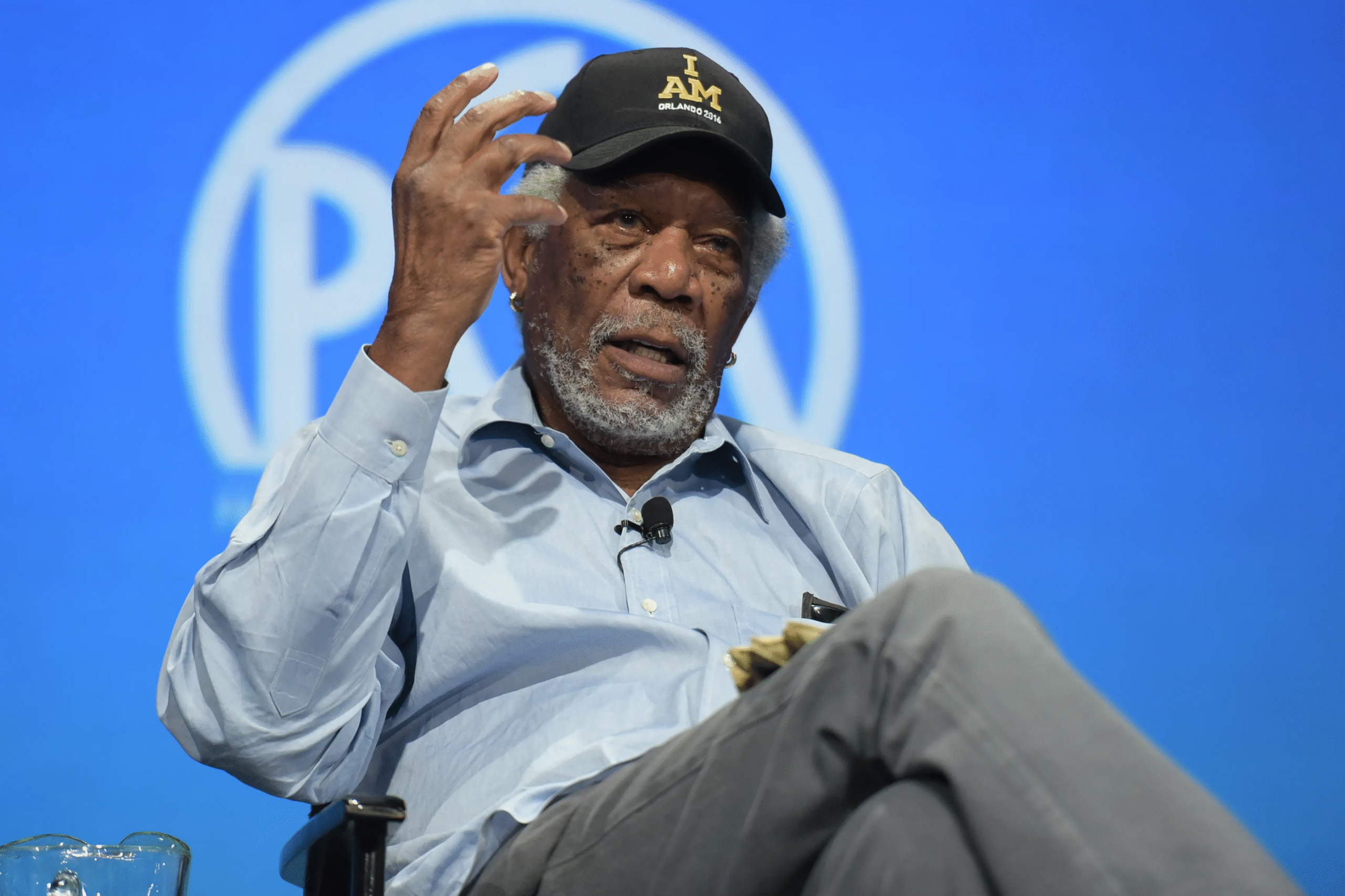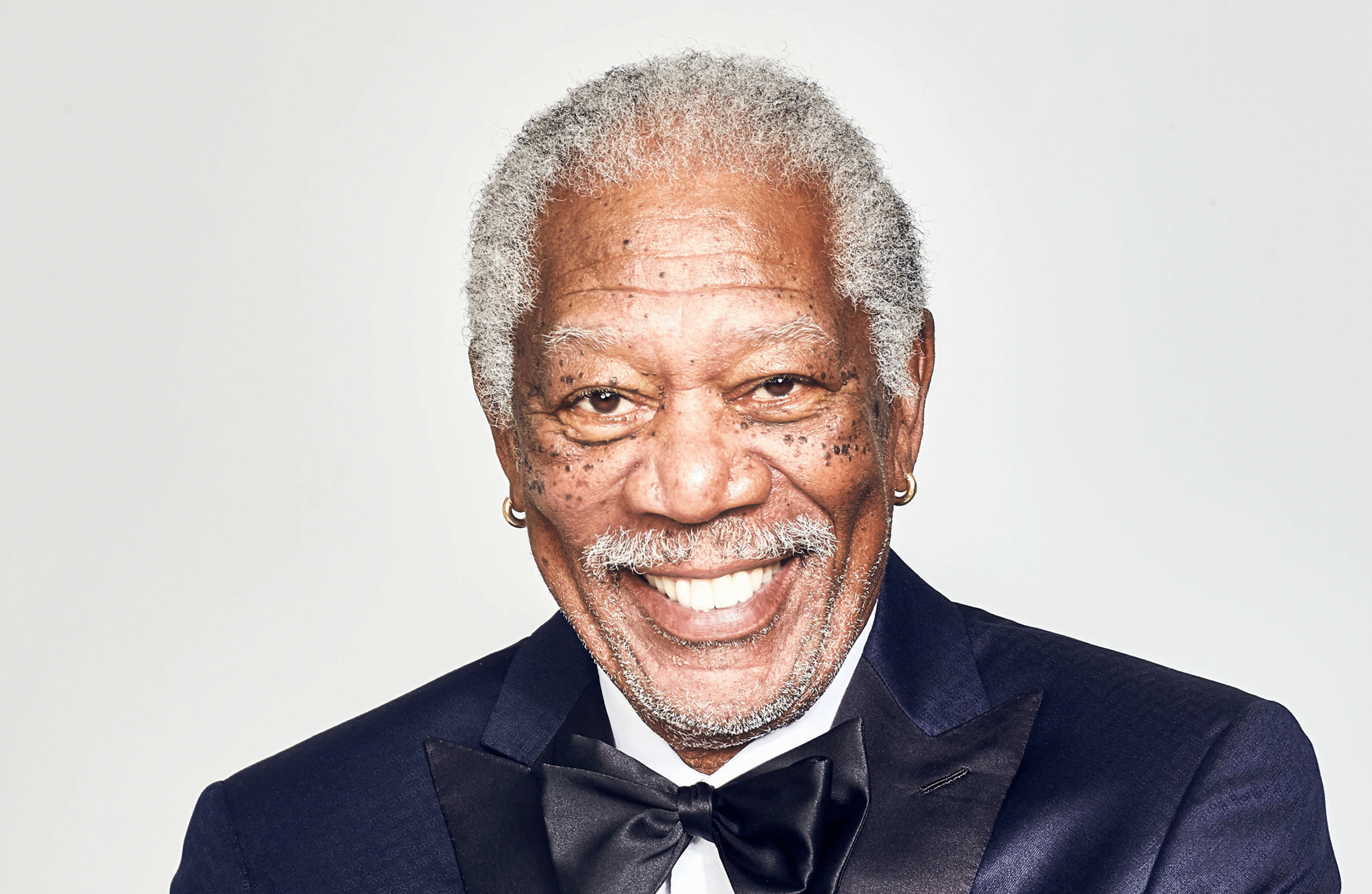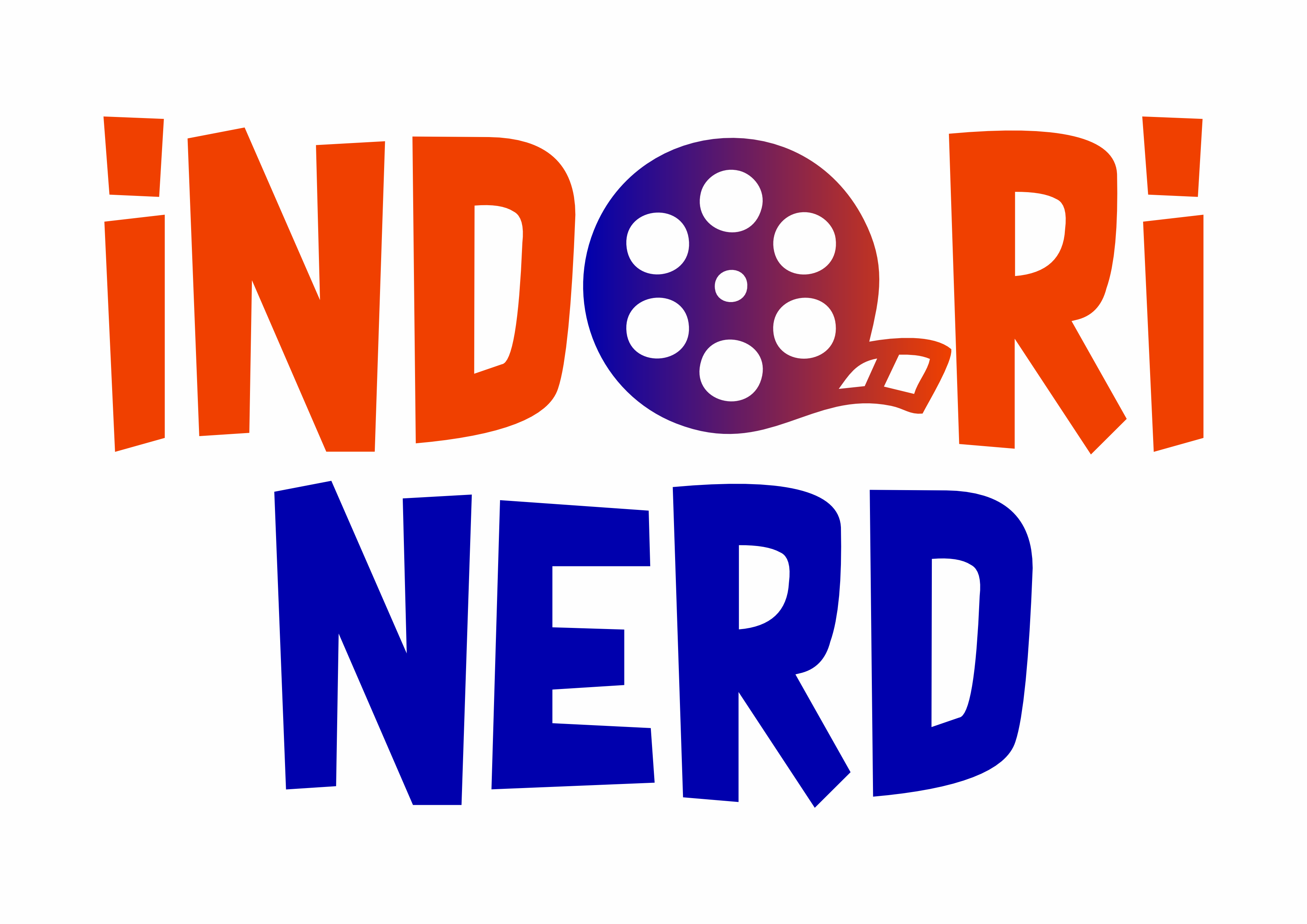“Don’t Mimic Me with Falseness”: Morgan Freeman Declares War on AI Voice Clones
The Hollywood legend reveals his lawyers are tackling multiple cases involving unauthorized AI recreations, insisting he’s far from retiring and fiercely protective of his identity.

Morgan Freeman is drawing a firm boundary in Hollywood’s ongoing clash with artificial intelligence. At 88, the Oscar-winning actor has made it clear that he will not tolerate AI-generated imitations of his iconic voice and likeness. Addressing the issue directly, Freeman said he was “a little PO’d” about the growing number of digital recreations being produced without consent. He stressed that actors deserve to be paid for their voices and images, and using them without permission is nothing short of theft.
Freeman shared that his legal team has been “very, very busy” handling several cases involving unauthorized AI clones. Meanwhile, some of his peers—like his longtime collaborator Michael Caine—have chosen to partner with AI companies to officially license their voices. Freeman, however, is determined to maintain full control over his craft and identity.
The actor also weighed in on the debate surrounding fully artificial performers, responding to the rise of AI-generated characters such as Tilly Norwood. He noted that audiences are unlikely to embrace such creations because they replace real jobs and diminish human artistry. He emphasized that unions exist to protect real actors—something AI avatars can threaten.

Despite being well into his late career, Freeman insists retirement is not on his mind. He admitted the idea occasionally crosses his thoughts, but the moment a new project comes his way, he’s energized again. For him, the thrill of storytelling and the value of his own voice remain powerful motivators.
Freeman also reflected on how he developed that legendary voice, crediting a college instructor who taught him to relax his vocal tone and enunciate with intention—skills that helped shape the deep, resonant sound fans recognize instantly.
His strong stance adds fuel to Hollywood’s broader debate about AI ethics, copyright, and performer rights. With technology advancing rapidly, Freeman’s message is simple: imitation without consent is unacceptable.


